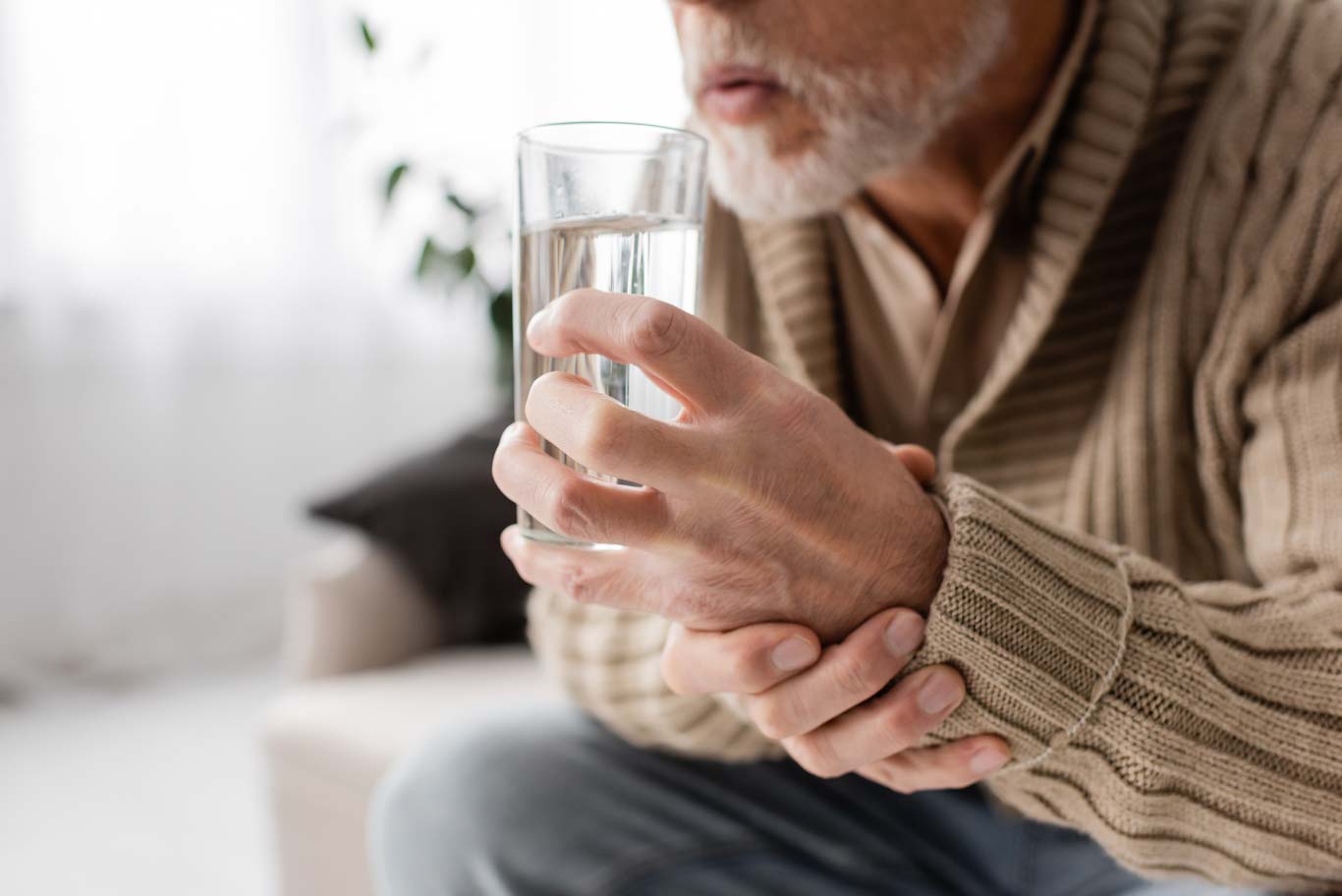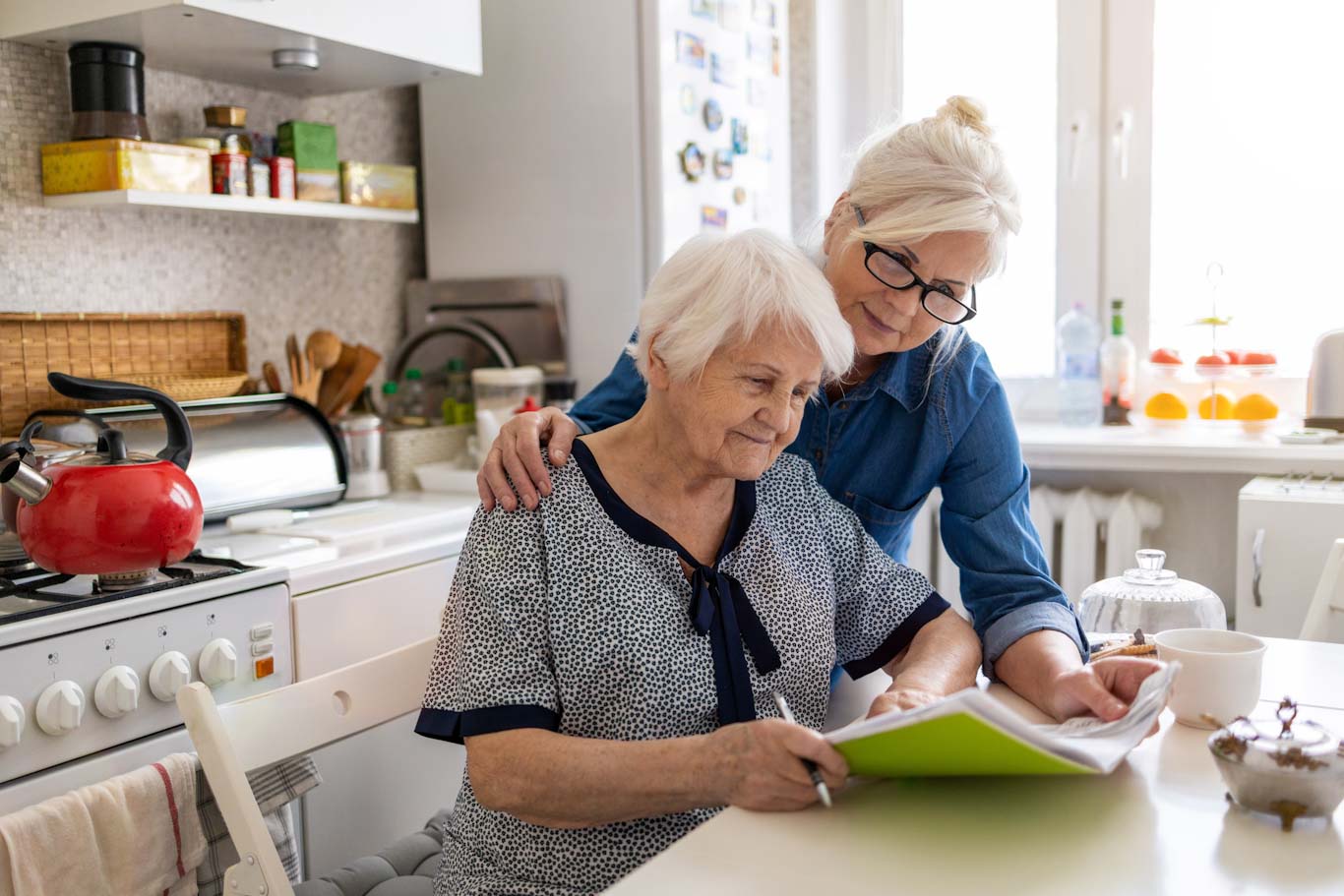Parkinson’s Disease – Symptoms and Treatment


What is Parkinson's Disease
Parkinson’s disease is a progressive neurological disorder that affects movement. It is caused by a loss of dopamine-producing cells in the brain. Dopamine is a neurotransmitter that helps control movement and emotional responses.
Symptoms of Parkinson’s disease typically develop gradually over time and may include:
- Tremors or shaking, especially in the hands, fingers, and limbs
- Stiffness in the arms, legs, and trunk
- Slow movements (bradykinesia)
- Difficulty with balance and coordination
- Changes in speech, including softening of the voice and slurring of words
- Mask-like facial expression
- Depression and anxiety
- Cognitive changes, including memory problems and difficulty with decision-making
In the elderly, Parkinson’s disease may be more challenging to treat due to their age and potential complications of medication use. However, treatment options for Parkinson’s disease in the elderly may include:
- Medications: Various medications can help manage the symptoms of Parkinson’s disease, including levodopa, dopamine agonists, and MAO-B inhibitors. However, elderly patients may require lower doses due to increased sensitivity and potential side effects.
- Physical therapy: Exercise and physical therapy can help improve balance, mobility, and overall function in patients with Parkinson’s disease.
- Speech therapy: Speech therapy can help improve communication and swallowing difficulties in patients with Parkinson’s disease.
- Deep brain stimulation: Deep brain stimulation involves implanting electrodes into the brain to help regulate abnormal brain activity and control movement. It is generally reserved for patients with advanced Parkinson’s disease who have not responded well to medication.
- Supportive care: Supportive care measures may include modifications to the patient’s living environment, such as installing grab bars and ramps, as well as social and emotional support for the patient and their caregivers.
It’s essential to work with a healthcare team with experience in treating Parkinson’s disease, especially in older patients. And to have support from friends and family so you are not doing this alone. At Care is Central our care teams are trained to help care for sufferers of Parkinson’s Disease and can offer families support and advice.


